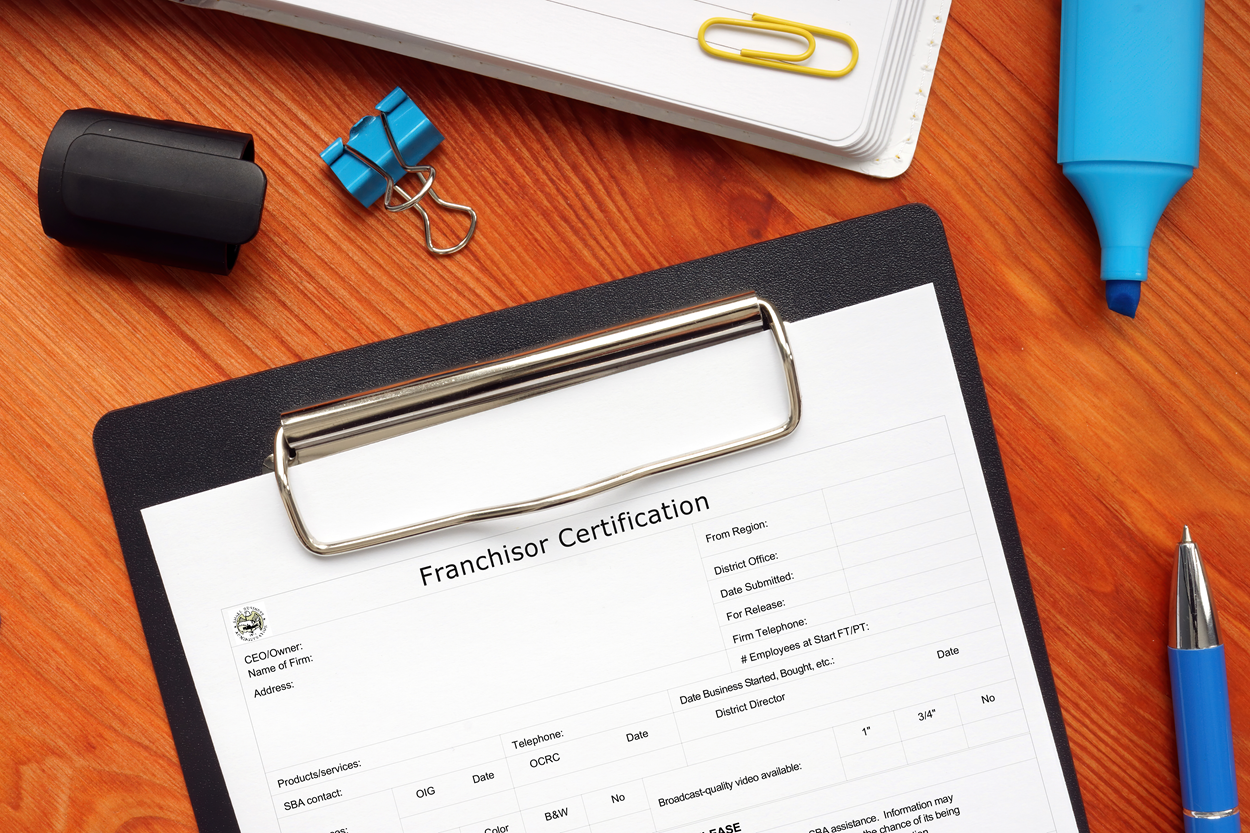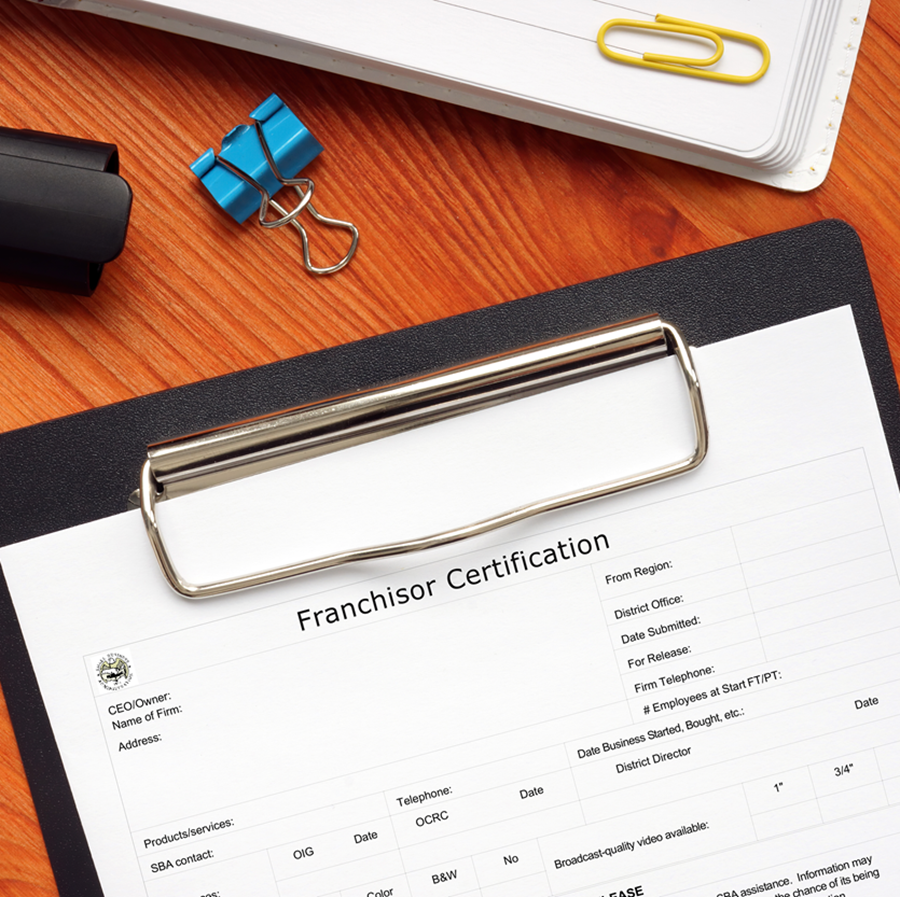The duration of a master franchise agreement is a critical component of the franchisor-franchisee relationship, and it must be carefully crafted to suit the unique needs and goals of both parties.
This contract grants the master franchisee the exclusive right to develop a network of franchise units within a specific territory, usually a country or region, for a set period. Determining the optimal length of the agreement presents various challenges that must be addressed to ensure a successful partnership. Factors such as profitability, market dynamics, and legal protections all play a role in shaping the ideal contract duration. Here, we explore the key challenges associated with the duration of a master franchise agreement and offer recommendations on how to navigate these issues effectively.
.
The Challenge of Profitability
One of the foremost concerns for the master franchisee when negotiating the duration of the agreement is profitability. Launching and developing a franchise network in a new market involves substantial financial investment and the deployment of significant human and material resources. The master franchisee is responsible for recruiting sub-franchisees, setting up operations, and promoting the brand locally. These initial investments can take several years to bear fruit, and a contract duration that is too short may not provide the master franchisee with enough time to recoup their investment and generate sustainable profits.
For instance, entering a large or complex market may require an extended period of preparation before the network reaches profitability. The master franchisee must allocate resources toward market research, real estate, recruitment, training, and marketing before any revenue can be generated. Furthermore, the process of building brand awareness and gaining customer trust in a new market can take time. In light of these factors, a contract that does not provide sufficient time to recover initial costs can undermine the master franchisee’s ability to succeed, which may also harm the franchisor’s long-term interests.
On the other hand, the franchisor is typically looking for a master franchisee who can rapidly scale operations and expand the network in the designated region. As such, the franchisor may be hesitant to commit to a long-term contract without periodic reviews or clear milestones. If market conditions or the master franchisee’s performance fall short of expectations, the franchisor may wish to reconsider the agreement. Thus, a balance must be struck to ensure that the master franchisee has the time necessary to achieve profitability while also allowing the franchisor to retain flexibility.


Market Evolution and Adaptability
Another challenge associated with the duration of a master franchise agreement is the risk of rapid market changes. Economic conditions, consumer preferences, and competitive dynamics can shift dramatically over time, especially in industries that are heavily influenced by technological innovations or shifting cultural trends. A contract that extends over a long period may expose both the franchisor and franchisee to risks if the market evolves in unexpected ways.
For example, a retail franchise that experiences steady growth in its home market may face different competitive pressures in a new territory, where local or global competitors could enter the market or consumer preferences could change. Similarly, technological advancements may disrupt traditional business models, forcing both franchisors and franchisees to adapt quickly. A contract that is locked in for an extended period may hinder the flexibility needed to respond to these changes.
For this reason, it is common for master franchise agreements to be structured with an initial term of five to ten years, with options for renewal. This timeframe provides the master franchisee with sufficient time to develop the network and establish a foothold in the market while giving the franchisor the opportunity to review the relationship at regular intervals. At the end of the initial term, both parties can assess market conditions, evaluate performance, and make necessary adjustments to the terms of the agreement.
Managing the Development Schedule
A key consideration when determining the duration of a master franchise agreement is the development schedule agreed upon by both parties. Typically, master franchise agreements include specific development targets, such as the number of franchise outlets that must be opened within a given period. The contract duration should be aligned with these targets, ensuring that the master franchisee has enough time to meet their commitments without compromising quality.
The development schedule must take into account the complexities of the market, including factors such as local regulations, the availability of suitable locations, and the ability to attract qualified sub-franchisees. In some markets, the process of securing real estate or obtaining necessary permits can be time-consuming, which could delay the opening of new franchise units. Similarly, recruiting and training sub-franchisees who meet the brand’s standards may take longer in certain regions due to cultural or economic factors.
The franchisor must be realistic in setting development targets and ensure that the agreed-upon timeline is achievable. Overly ambitious targets can place undue pressure on the master franchisee, leading to rushed openings or sub-franchisees who are not fully prepared to operate according to the brand’s standards. In contrast, a development schedule that is too lenient may result in slow growth, reducing the overall profitability of the franchise network. As such, careful negotiation and planning are required to create a development schedule that is both challenging and achievable.


Recommendations for Structuring the Agreement
Given the complexities involved in determining the duration of a master franchise agreement, both parties must approach negotiations with a clear understanding of their goals, risks, and market conditions. Here are some key recommendations to consider when structuring the agreement:
- Conduct a Detailed Market Analysis: Before finalizing the contract duration, both parties should conduct a thorough analysis of the target market to assess the potential for growth, profitability, and market stability. This analysis will inform the development schedule and help determine an appropriate contract length.
- Set Realistic Development Targets: The master franchisee and franchisor should work together to establish development milestones that are challenging but achievable. The contract duration should align with these targets, allowing sufficient time for network expansion while maintaining quality control.
- Incorporate Flexibility: Given the potential for market changes and unforeseen circumstances, the agreement should include options for renewal, revision, or early termination. Performance-based clauses, force majeure provisions, and regular reviews can provide both parties with the flexibility needed to adapt to changing conditions.
- Plan for Long-Term Support: The franchisor should commit to providing ongoing support to the master franchisee throughout the duration of the agreement. This includes training, marketing assistance, and operational guidance to ensure that the franchise network continues to grow and succeed.
- Review at Regular Intervals: Even if the contract is set for a long duration, it is beneficial to schedule regular performance reviews. These reviews provide an opportunity for both parties to assess progress, address any challenges, and make necessary adjustments to the agreement.




